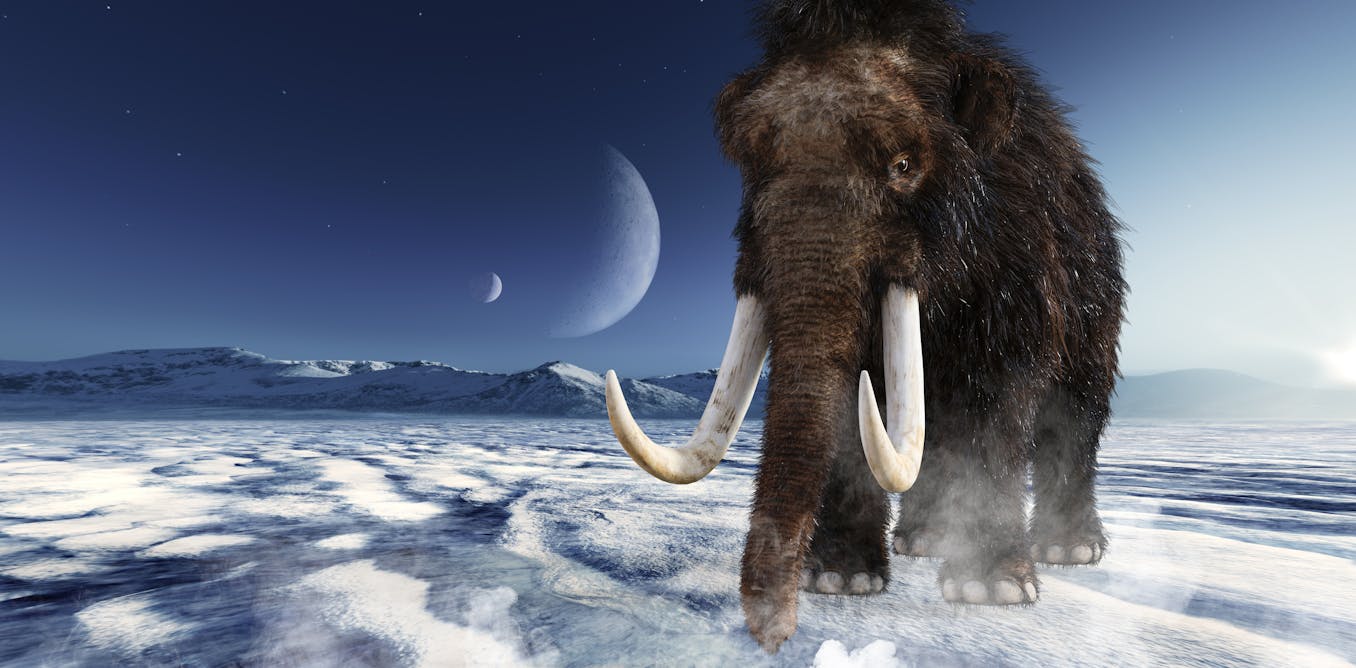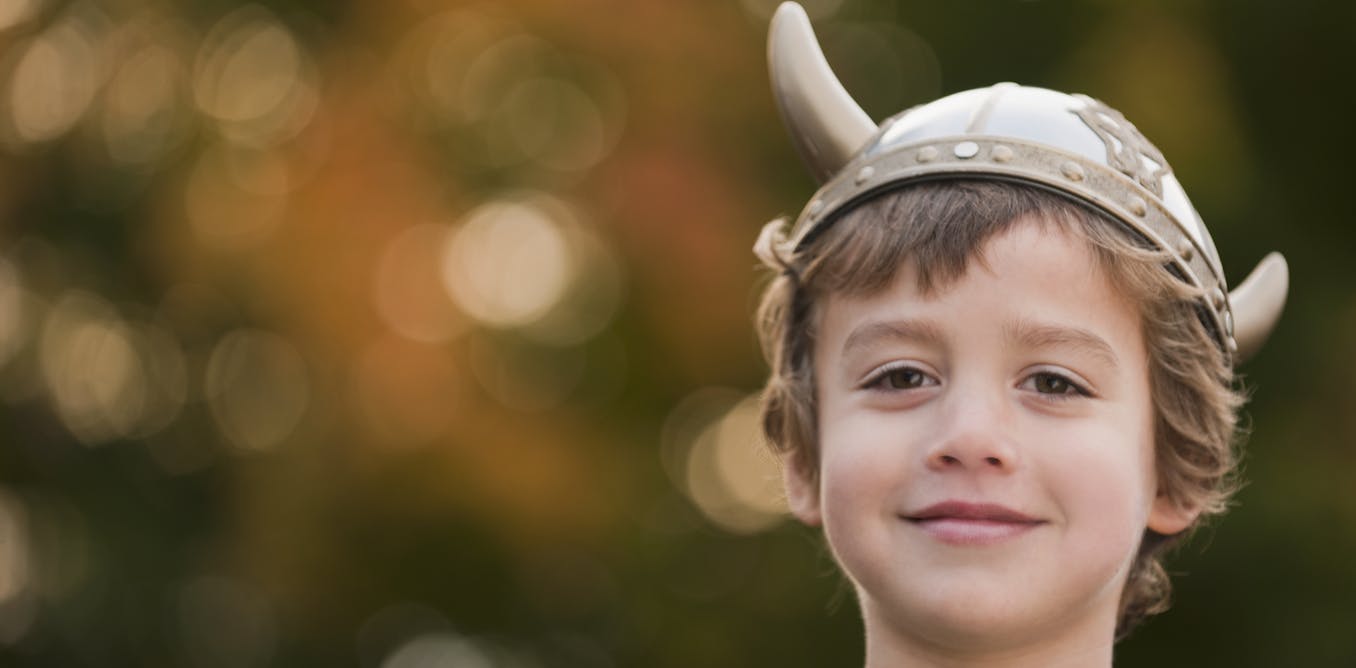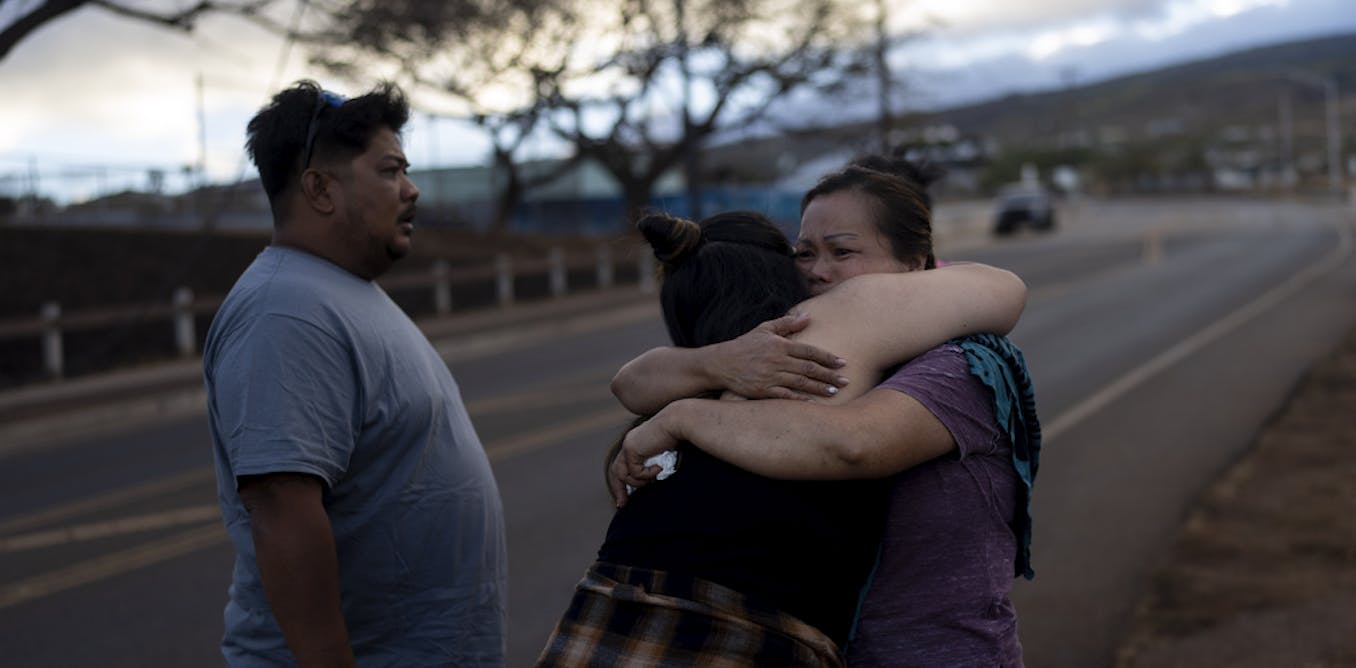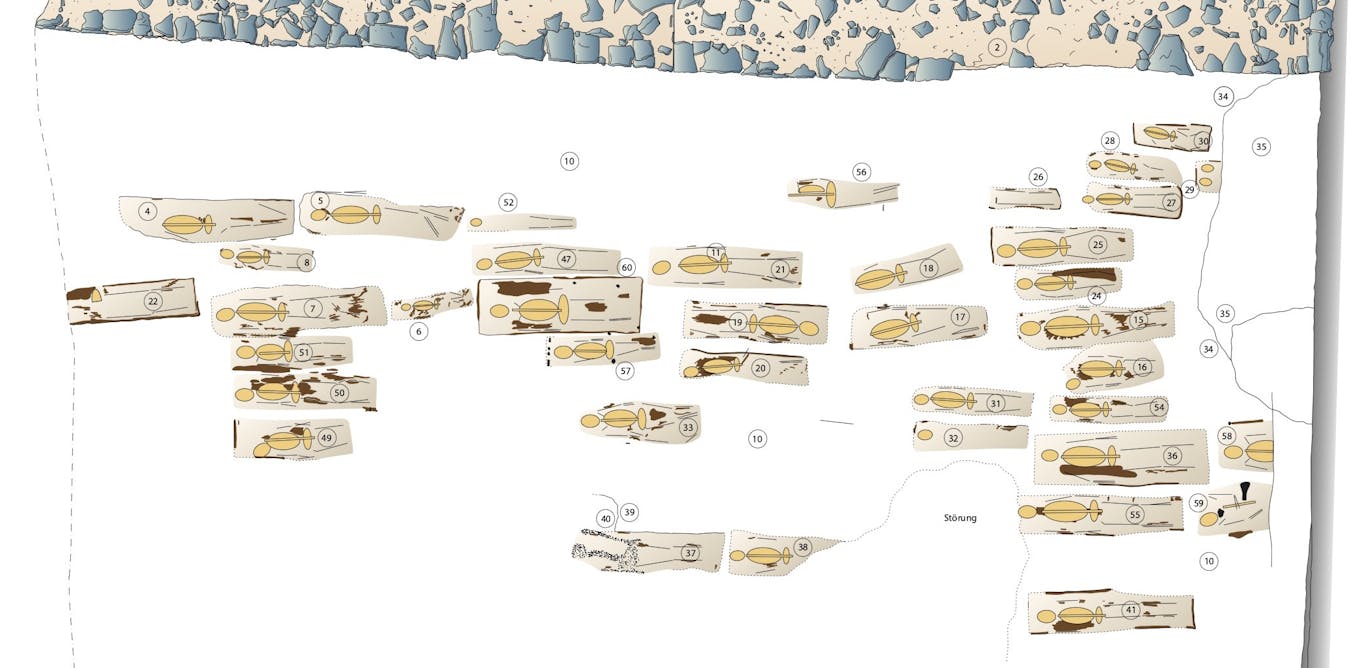Atlantic sturgeon were fished almost to extinction − ancient DNA reveals how Chesapeake Bay population changed over centuries
Research that combined archaeology, history and ecology provides a nuanced understanding of the past that could help conservationists better plan for the future.
March 20, 2025 • ~11 min
Ancient DNA study shows women at the centre of societies in iron age Britain – supporting decades of archaeology
Genetics shows that women stayed put in Late Iron Age Dorset, while men moved to other groups.
Jan. 23, 2025 • ~9 min
DNA says you’re related to a Viking, a medieval German Jew or a 1700s enslaved African? What a genetic match really means
Genealogical and genetic ancestors aren’t the same thing. A DNA match − or a lack of one − may not tell you what you imagine it does about your family tree.
March 29, 2024 • ~12 min
DNA from stone age chewing gum sheds light on diet and disease in Scandinavia's ancient hunter-gatherers
Genetic analysis reveals one of the teenagers probably had advanced gum disease.
Jan. 18, 2024 • ~7 min
Mutton, an Indigenous woolly dog, died in 1859 − new analysis confirms precolonial lineage of this extinct breed, once kept for their wool
Dogs have lived with Indigenous Americans since before they came to the continent together 10,000 years ago. A new analysis reveals the lineage of one 1800s ‘woolly dog’ from the Pacific Northwest.
Dec. 14, 2023 • ~12 min
Identifying fire victims through DNA analysis can be challenging − a geneticist explains what forensics is learning from archaeology
Maui officials have asked relatives to provide DNA samples to help identify victims of the Lahaina wildfires. Time and exposure to the elements, however, can make DNA retrieval from remains difficult.
Aug. 18, 2023 • ~9 min
Reconstructing ancient bacterial genomes can revive previously unknown molecules – offering a potential source for new antibiotics
Ancient microbes likely produced natural products their descendants today do not. Tapping into this lost chemical diversity could offer a potential source of new drugs.
May 4, 2023 • ~9 min
Enigmatic human fossil jawbone may be evidence of an early *Homo sapiens* presence in Europe – and adds mystery about who those humans were
Scientists had figured a fossil found in Spain more than a century ago was from a Neandertal. But a new analysis suggests it could be from a lost lineage of our species, Homo sapiens.
May 2, 2023 • ~12 min
Ancient DNA from the teeth of 14th-century Ashkenazi Jews in Germany already included genetic variations common in modern Jews
A German town needed to relocate a medieval graveyard to build a parking garage. A positive side effect: scientists got to sequence the DNA of Ashkenazi Jews who lived more than 600 years ago.
Nov. 30, 2022 • ~13 min
/
2




